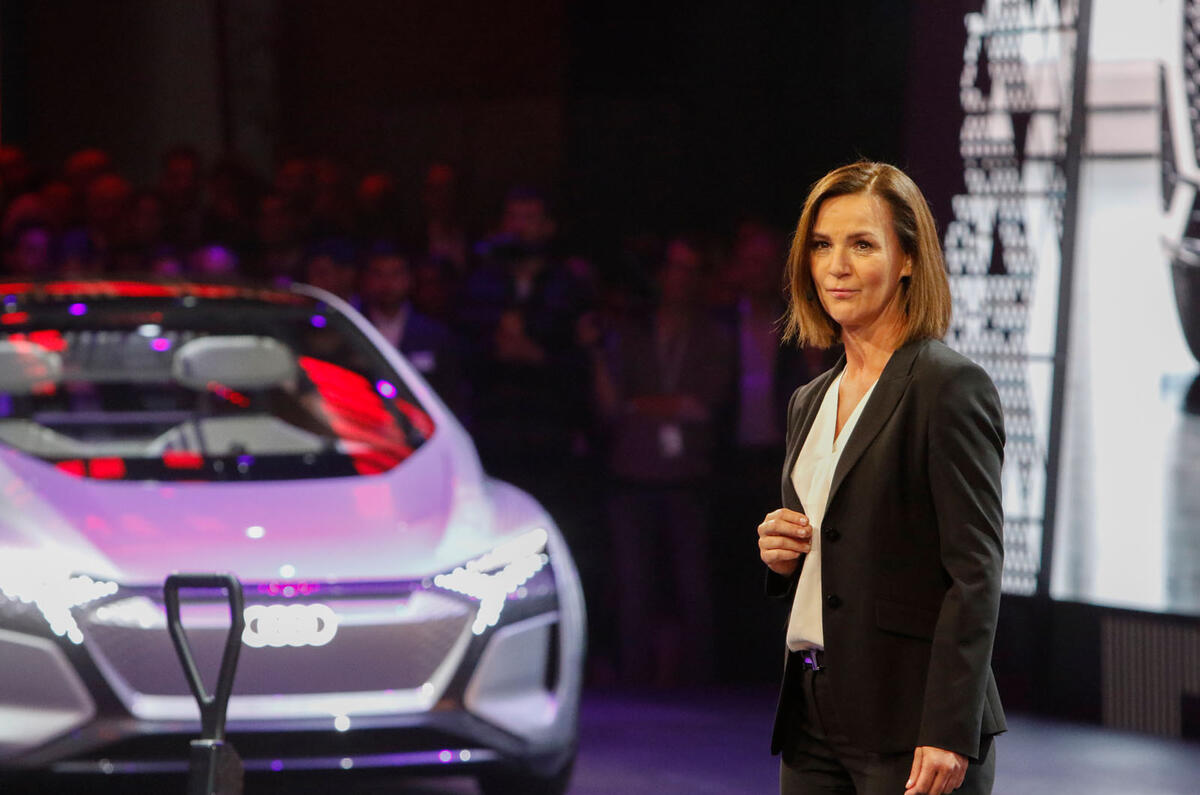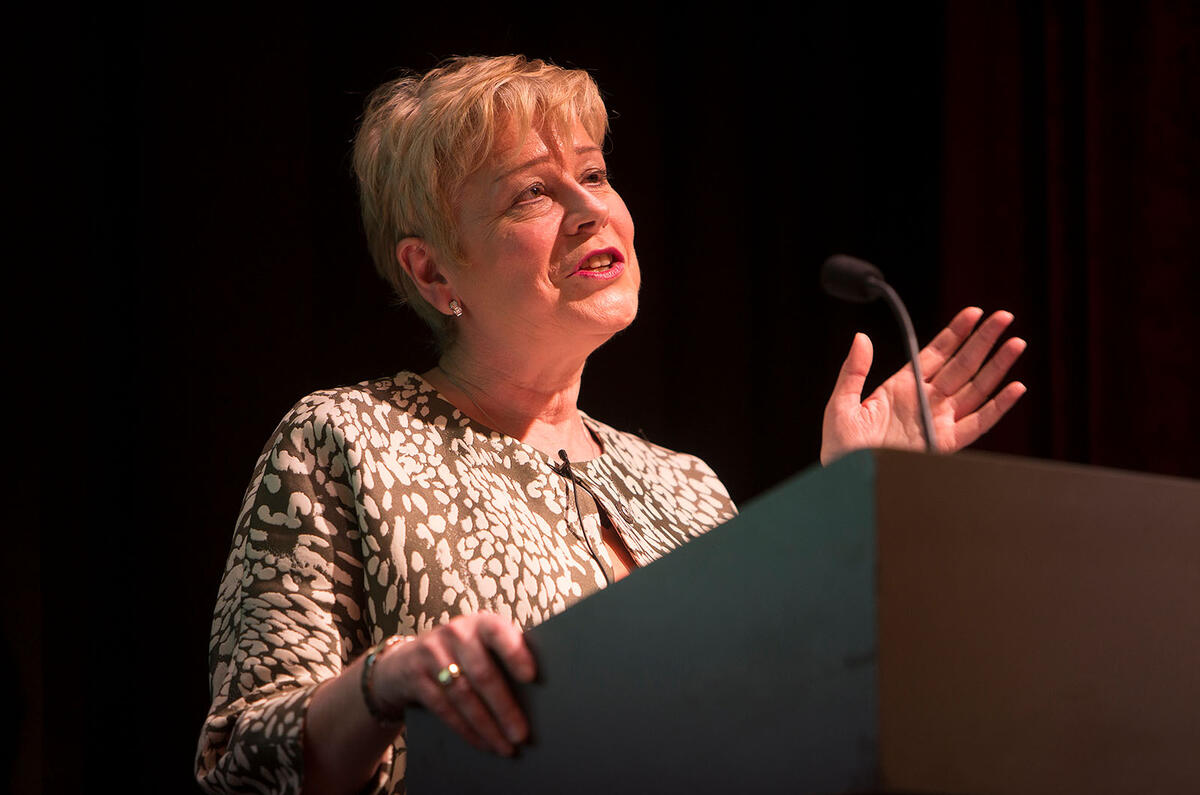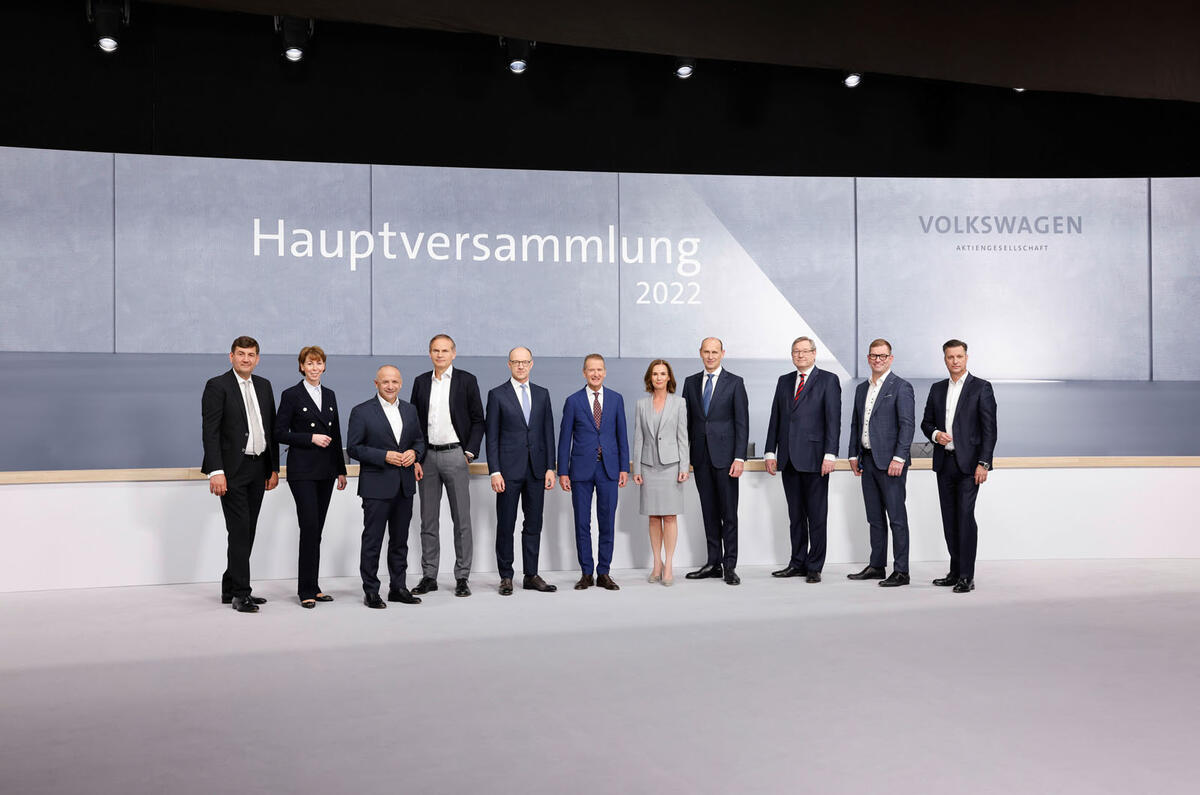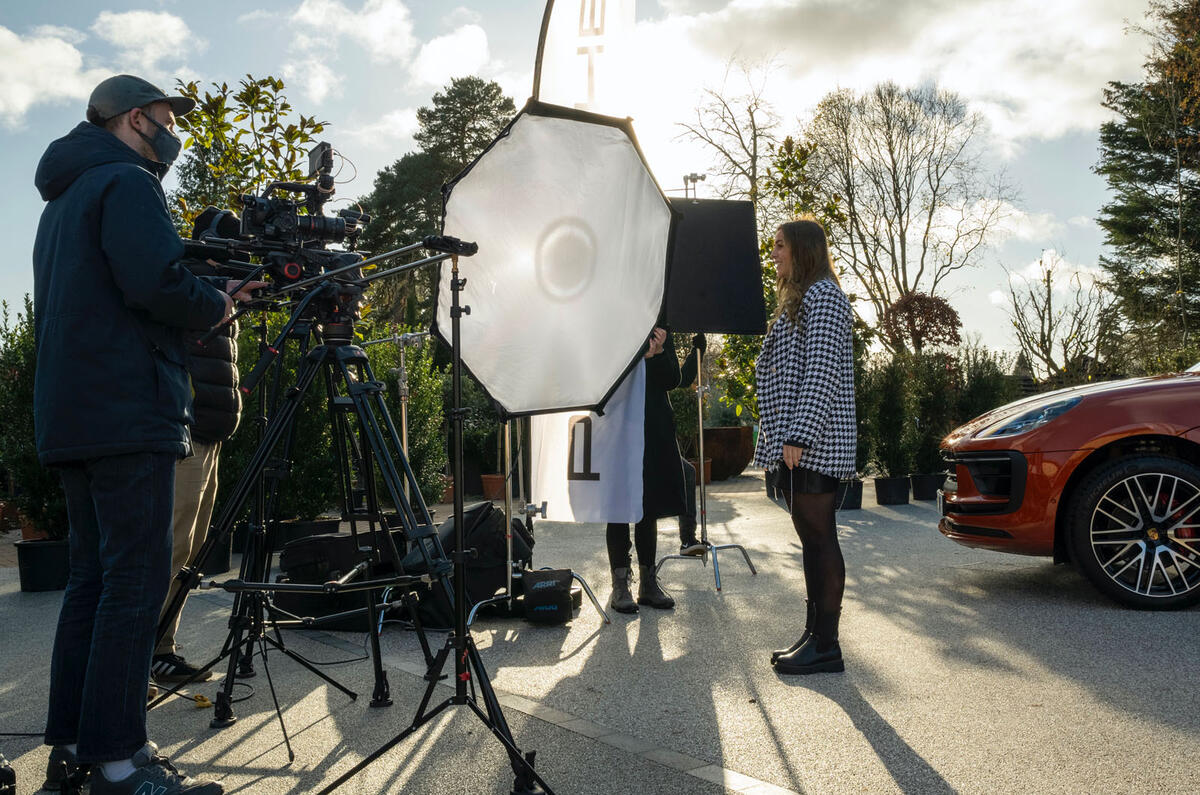The meeting that took place in Gaydon last month should have been just like any other for Joana Fidalgo, an engineer working across departments within Jaguar Land Rover investigating new materials – except for one thing. “I looked around and then the penny dropped: I was surrounded by women. It was the first time that had happened for me,” she told Autocar.
Five of the six people in the meeting were women, some of them category winners in the Autocar Great Women in the British Car Industry initiative, now in its seventh year.











Add your comment